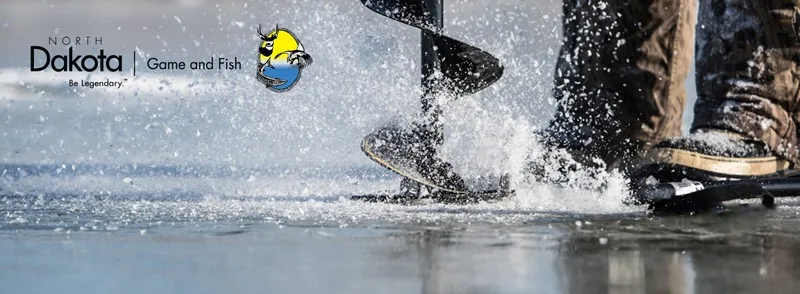

While North Dakota’s 2022 hunting seasons have come and gone, hunter success, or lack thereof, still matters to wildlife managers.
The North Dakota Game and Fish Department has conducted hunter harvest surveys for more than a half-century, using the findings to help manage the state’s wildlife populations.
Thousands of surveys are sent annually, and participation is strongly urged because hunter harvest plays a noted role, for example, in setting hunting license numbers for the upcoming season.
Hunters are surveyed about their hunting activity because understanding how many animals were removed from the population is an important ecological piece of information. The information collected from the hunter harvest surveys is compared against where the Game and Fish Department stands with its harvest objectives at any point in a given year. And that can mean, in some cases, license increases. But ultimately, these surveys are important because they inform the recommendations passed along to the governor during the proclamation setting process.
Thousands of big game, small game, waterfowl, swan, turkey and furbearer questionnaires will be emailed to randomly selected hunters. A follow-up survey will be mailed to those who did not respond to the first survey.
Not everyone who, say, receives a hunter harvest survey for the 2022 deer gun season will have harvested a deer, but those hunters still need to fill them out and return their surveys.
The surveys are designed so that a random sample of hunters receive them, and it’s understood that some hunters weren’t successful, which in a lot of ways is just as important as knowing who did harvest a deer.
The hunter harvest surveys are short and take very little time to complete. A follow-up survey will be mailed to those who did not respond to the emailed survey.
The more surveys returned to Game and Fish from hunters, the more robust the statistical information is to help produce better harvest estimates.
Remove Gear from WMAs
Tree stands, blinds, steps, and other personal items such as cameras, must be removed from all wildlife management areas by Jan. 31.
Items not removed by Jan. 31 are considered abandoned property and are subject to removal and confiscation by the North Dakota Game and Fish Department.